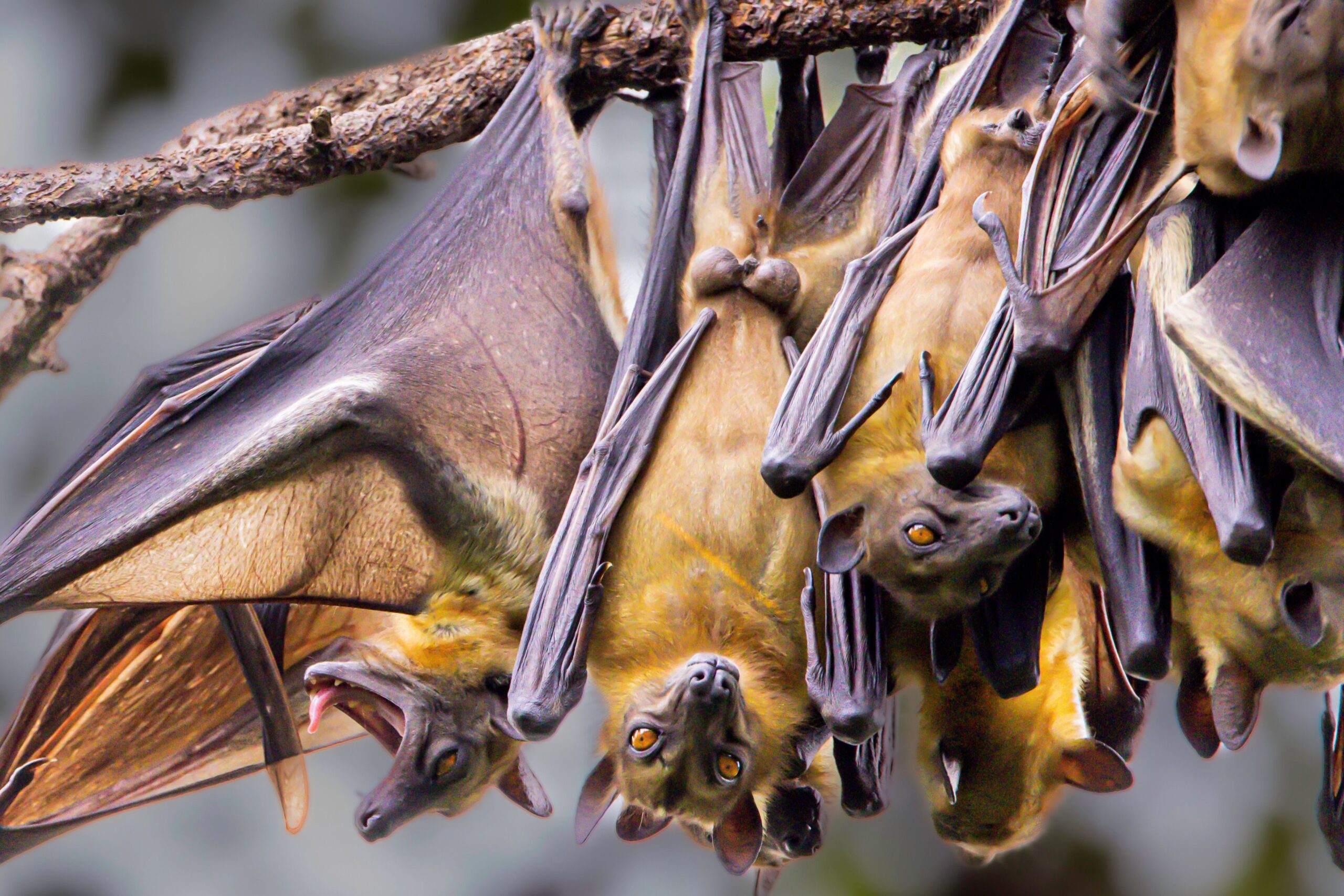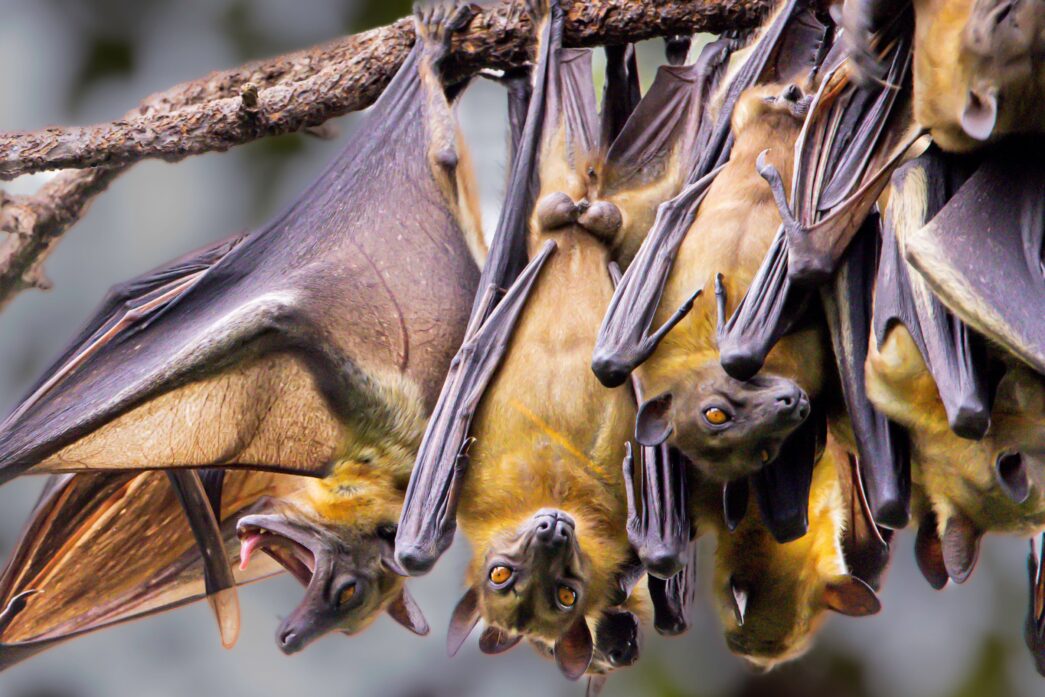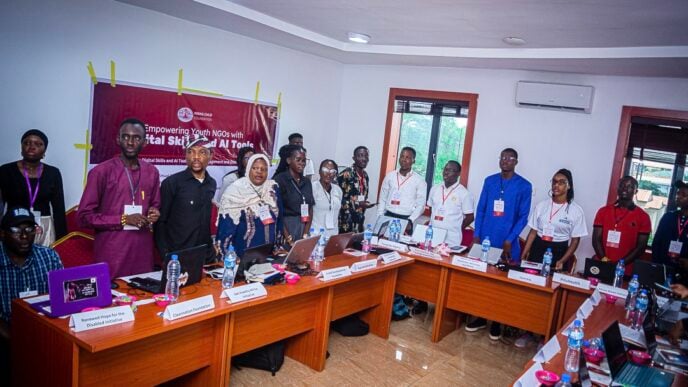Wild Africa, an international conservation organisation, says one-third of Africa’s bat species are found in Nigeria, including some of the world’s most endangered bats.
In a statement on Thursday to mark International Bat Appreciation Day, the wildlife organisation said bats in Nigeria face multiple threats, including deforestation, mining, logging, agricultural expansion, light pollution, and the bushmeat trade.
Wild Africa asked the Nigerian government, the private sector, and conservation organisations to urgently step up efforts to protect the country’s threatened bat species.
“Nigeria is home to approximately 100 bat species,representing one-third of all bats in Africa. However, many of these speciesare facing extinction. The IUCN Red List (2025)identifies several Nigerian bats, including the critically endangeredshort-tailed roundleaf bat, as being at high risk of disappearing,” the statement reads.
Advertisement
“Fruit bats, especially the straw-coloured fruitbat—Africa’s most hunted bat—are commonly consumed across Nigeria. This posesecological and public health risks, as bats are known carriers of zoonoticdiseases that can be transmitted to humans when consumed.”
“Bats provide essential ecosystem services: insect-eatingspecies help control pests that damage crops, while fruit bats pollinate anddisperse seeds for many wild and cultivated plants like mangoes, bananas,guavas, and baobabs. Studies show that on cocoa farms inCameroon, bats and birds save farmers up to $478 per hectare per year byreducing pest populations under shaded canopy conditions.
“On International Bat Appreciation Day, Wild Africa calls onall Nigerians especially the policymakers at the National House of Assembly, tosupport the new bill and help secure a future for the country’s bat populationsand broader biodiversity.”
Advertisement
Mark Ofua, Wild Africa’s West Africa spokesperson, said: “Today, we celebrate the silent guardians of the night, nature’s tiny heroes who keep the ecosystems in balance. We must learn how to coexist with them and give them room to thrive once more, so we can thrive as well. I look forward to the passage of the Endangered Species Conservation and Protection Bill currently before the House of Assembly, which is set to strengthen protections for our wildlife, including bats, and the forests and ecosystems vital to their survival,”













